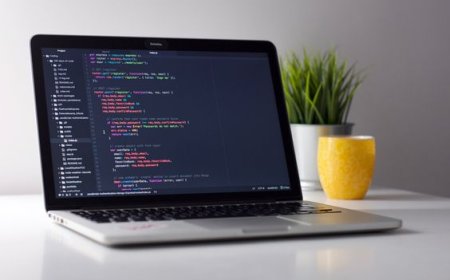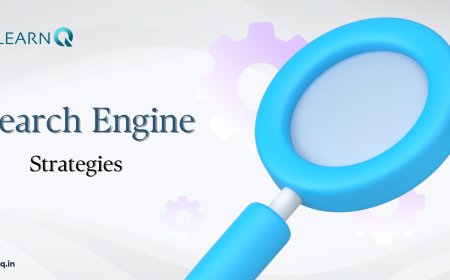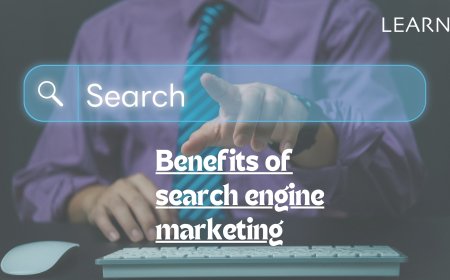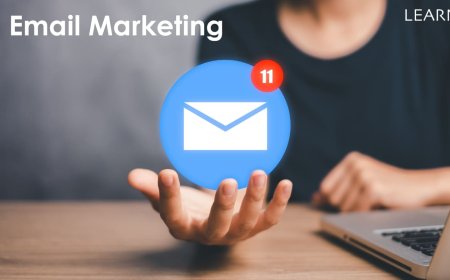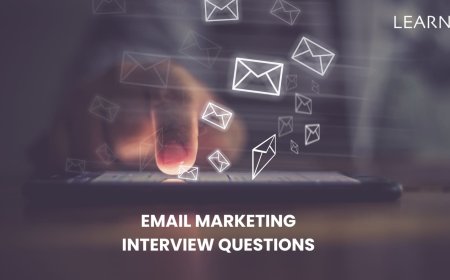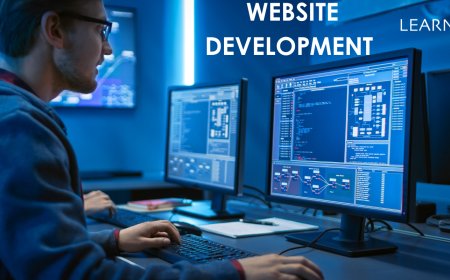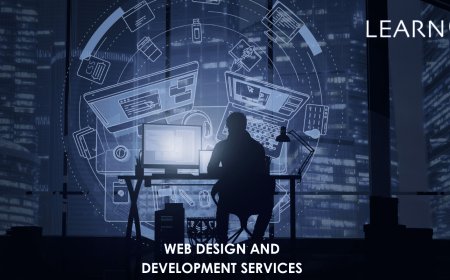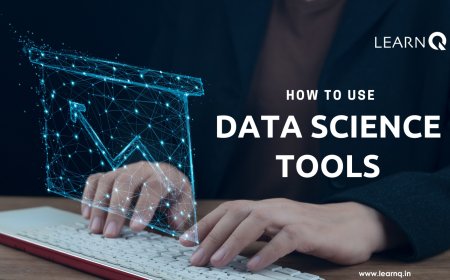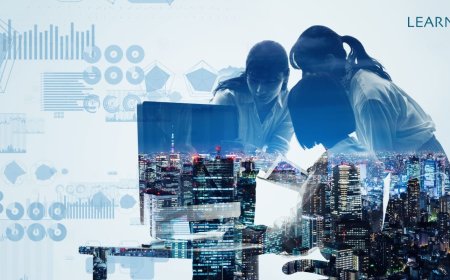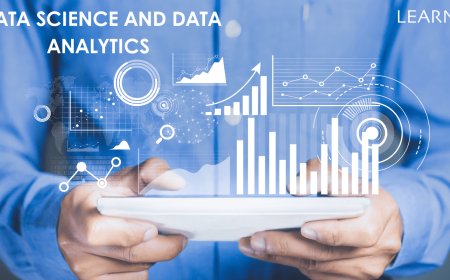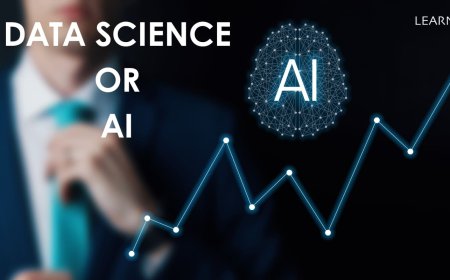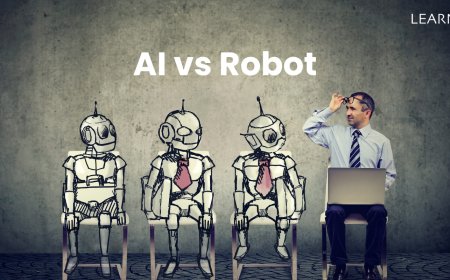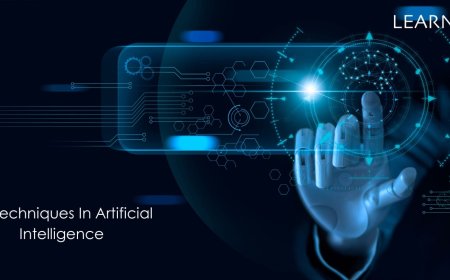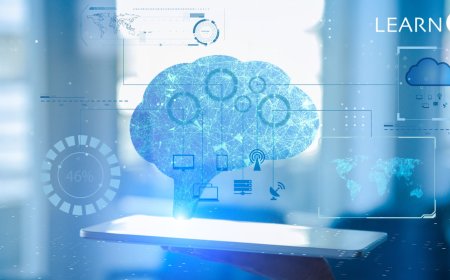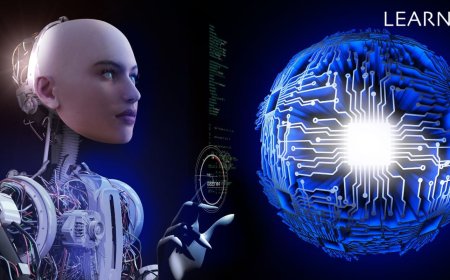Technology is moving forward fast, and one big change is AI tools. These tools are like smart helpers that can do all sorts of things in different industries. They use fancy tech like machine learning, natural language processing, and deep learning to do their job. AI tools can analyze data, automate tasks, predict things, recognize images, chat with people, and lots more. Think of AI as the brain behind many new innovations and automatic processes we see today. One cool thing about AI is machine learning, where systems learn from data to make smart decisions. Then there's natural language processing, which helps computers understand and talk like humans. And deep learning, which lets computers recognize voices, and images, and even make decisions on their own.
These AI tools are changing how we analyze data too. They're much faster and smarter than traditional methods. They can automate tasks, reduce mistakes, and help us make decisions quicker. Plus, they're great at predicting future trends and helping us manage risks better. And have you seen those chatbots or virtual assistants online? They're another example of AI at work. They make customer service faster and more efficient.
Understanding Artificial Intelligence Tools Today
In recent years, lots of smart computer programs have been made, called Artificial Intelligence (AI) tools. They're changing how things work in many areas, like hospitals, banks, institutes, and factories. These tools are smart because they use fancy math and learning tricks to look at data, do tasks by themselves, and even predict things accurately. But while they're accommodating, they also bring some big challenges.
One big thing happening now is that AI tech is getting better and better really fast. Fancy stuff like understanding human language, seeing things as we do, and learning from mistakes are making these AI tools powerful. Companies everywhere are using them to figure things out, make work easier, and make better choices. For example, chatbots can help with customer service, and smart predictions can help stores manage their stuff better.
But with all this cool stuff come some important questions about what's right and fair. People worry about things like keeping our info private, making sure the AI tools don't treat different groups unfairly, and taking away jobs from people. Also, not everyone can use these AI tools easily. Some are too expensive or hard to use, which makes it tough for smaller businesses and some groups of people to enjoy their benefits. It's important to make sure everyone has a fair chance to use them and not get left behind. So, while AI tools offer a lot of good stuff, there's also some tricky stuff to think about. We need to be careful with how we use them, make sure they're fair and open, and make sure everyone can enjoy their advantages. If we do that, we can make the most of AI tools and make the future better for everyone.
The Challenges of AI with Problems in AI Tools
When we talk about artificial intelligence (AI), we're talking about something that's advanced and can do amazing things, but it also comes with a bunch of problems we need to figure out. Let's look at some of the tricky stuff we face when we try to deal with these problems:
1. Ethical Issues:
-
AI can sometimes make decisions that aren't fair or right. This could be because the people who made the AI didn't think about everyone who might use it.
-
We need to find a balance between making AI better and making sure it doesn't hurt anyone or invade their privacy.
2. Rules and Regulations:
-
Making rules for AI is hard because technology is always changing, and AI is complicated.
-
We have to make rules that help AI grow but also make sure it doesn't cause problems. This means lots of people, like politicians, businesses, and people who know a lot about ethics, need to work together.
3. Bias and Fairness:
-
Sometimes AI can be unfair because it learns from biased information. This means it might treat some people unfairly, making existing inequalities worse.
-
We need to be careful about the information we use to teach AI and keep an eye on it to make sure it's being fair to everyone.
4. Understanding How AI Works:
-
AI can be complicated, so it's hard to explain why it makes certain decisions. This can make people worried about trusting it.
-
We need to make AI easier to understand so that people can trust it more and keep an eye on it to make sure it's doing the right things.
5. Impact on Jobs:
-
AI can make things easier, but it might also take away some jobs or change the way people work.
-
We need to think about how to help people whose jobs might be affected by AI. This could mean helping them learn new skills or figuring out new kinds of jobs for them.
6. Keeping AI Safe:
-
As we use AI more, we need to make sure it's not making us less safe. This could mean stopping hackers from messing with it or making sure it's not being used for bad things.
-
We need to work on making AI safer by working with cybersecurity experts and AI to find and fix any problems.
What do you think will happen with AI tools in the future?
Well, the future of AI tools could go in many directions. Some people think AI will become a normal part of our daily lives, making things easier and helping us work better. But others worry about things like whether AI will take away people's jobs or cause other problems. How can we make sure AI is used responsibly? And what should we do about issues like biases in AI programs or privacy concerns? We need to talk about these things to figure out how to use AI in the best way. How do you think we can get the most out of AI while also making sure it doesn't cause problems?
New Ideas and Working Together: Using the Best AI Tools
Businesses need to keep up by trying new things and working together. One great way to do this is by using the latest AI tools. Here's how you can do it:
1. Encouraging New Ideas: Make a workplace where it's okay to come up with new ideas. Let people feel like they can share, try things out, and take some risks.
2. Teamwork Across Departments: Break down the walls between different parts of your company. When people from different teams work together, they can come up with really cool new stuff.
3. Getting Help from Outside: Don't just look inside your company for good ideas. Talk to other companies, schools, and experts outside. They might have fresh ideas you have yet to think of.
4. Moving Quickly and Being Flexible: Use ways of working like Scrum or Kanban that help you change course fast. These ways of working make it easier for people to work together and focus on what matters to customers.
5. Using AI Tools: Try out AI tools to do things like automating boring tasks, understanding data better, and coming up with new ideas. Here are some good ones to check out:
-
GPT3: This tool can understand and write text almost like a human. It's great for things like writing articles, making chatbots, and translating languages.
-
TensorFlow: Made by Google, this tool helps you make and use AI models. It's good for training computers to learn from data and solve problems.
-
IBM Watson: This tool from IBM has lots of different AI tools inside it. It helps businesses do things like understand language, see things in pictures, and make better decisions.
-
Microsoft Azure Cognitive Services: This has lots of little programs (called APIs) that help computers understand things like speech, images, and text. It's useful for making smart computer programs.
-
Amazon SageMaker: This is a tool from Amazon that makes it easier to use AI. It helps you build, train, and use AI models without needing to be an expert.
6. Learning More Together: Keep learning about AI and new technologies. Offer training to your team so they can use these tools well.
AI tools have become super important in many different areas, changing how we do things, make decisions, and solve problems. They help businesses work better, improve healthcare, make customer service smoother, and use resources wisely. AI keeps getting better, but we need to think about the good things it can do and also the ethical stuff. If we use AI wisely, it can make our future full of new ideas, efficiency, and good things for society.



